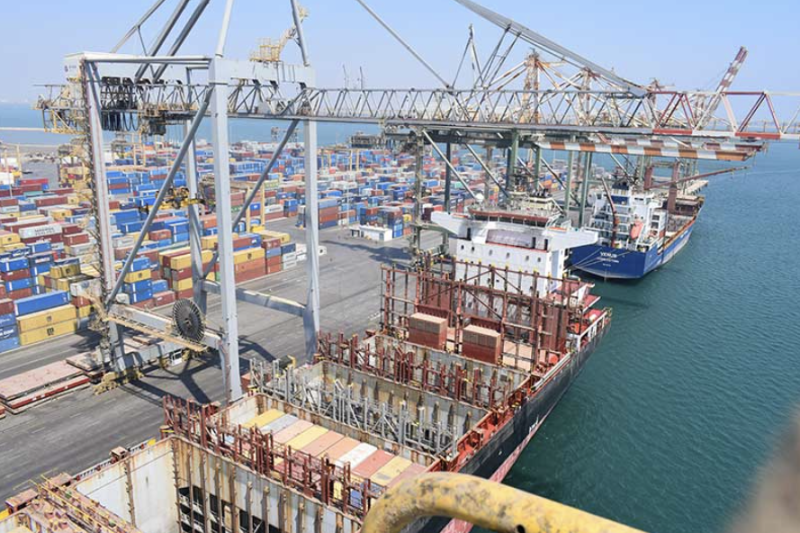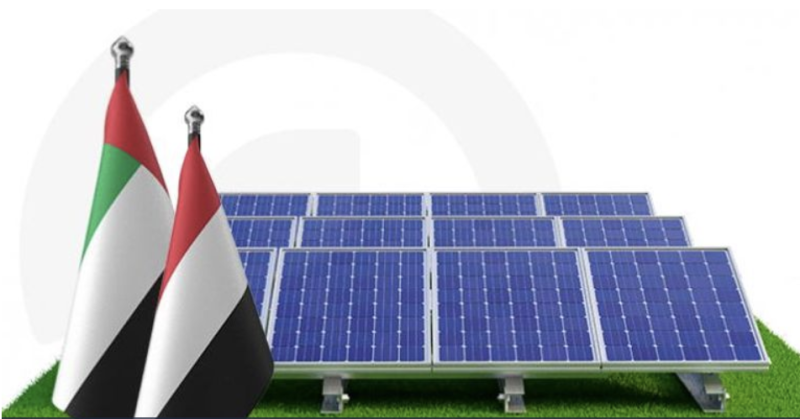Houthi-Imposed Levies Cripple Yemen’s Private Sector, Deepen Market Recession


SANA’A — The private sector in Houthi-controlled areas is reeling under the weight of escalating illegal levies and arbitrary financial demands imposed by the de facto authorities, according to local business owners and economic observers.
Over the past months, Houthi militias have intensified their collection of unauthorized fees from merchants, manufacturers, and service providers, under the guise of “war support” and “community contributions.”
These levies, often demanded without formal documentation or legal basis, have severely strained operating costs and forced many businesses to downsize or shut down entirely.
“We are being suffocated,” said a shop owner in Sana’a who requested anonymity for safety reasons. “Every week there’s a new fee, a new demand. It’s impossible to survive.”
The economic fallout has rippled across local markets, leading to widespread stagnation.
Shelves in many commercial districts remain stocked but unsold, as consumer purchasing power plummets and investor confidence erodes.
Independent economists warn that the unchecked extortion is accelerating Yemen’s economic collapse, particularly in urban centers where private enterprise once served as a lifeline amid conflict.
The absence of regulatory oversight and the politicization of commerce have created an environment of fear and unpredictability.
International watchdogs have repeatedly condemned the practice, urging humanitarian protections for economic actors and calling for accountability mechanisms to safeguard Yemen’s fragile economy.

Aden — Ports under the authority of Yemen’s internationally recognized government have received more than two million metric tons of fu…

Mukalla — Local authorities in Hadramout have announced the inauguration of Yemen’s first solar-powered cement station, a landmark proj…

AbuDhabi -- The United Arab Emirates has pledged $1 billion to bolster Yemen’s electricity sector, marking one of the largest development com…